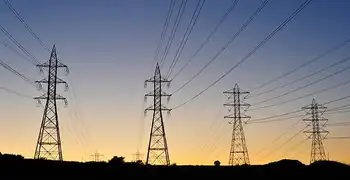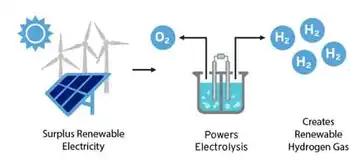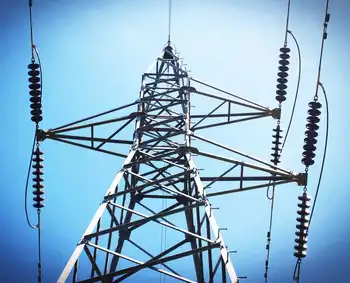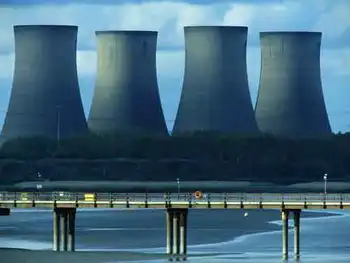Cities want producers to dispose of bulbs
CALGARY, ALBERTA - Still in the dark about a nationwide ban on inefficient light bulbs, cities have a bright idea to leave disposing of their toxic energy-saving replacements up to producers.
Announced by the federal government in 2007, a nationwide ban on the sale of incandescent light bulbs — aimed at cutting greenhouse gas emissions and save on electricity costs for homeowners — will be implemented by 2012, and the more environmentally friendly compact fluorescent bulbs will take their place.
Cities, including Calgary, are still figuring out how it will deal with the collection and disposal of the toxic bulbs, which contain small amounts of mercury.
At a recent Federation of Canadian Municipalities FCM conference in Newfoundland, members passed a resolution asking the federal government to consider enacting a program calling on manufacturers to take on the disposal role when the bulbs reach the end of their lives, said Ald. Brian Pincott, on the FCM board.
“Cities are in charge of landfills and we can’t have these things in the landfills,” he said.
“We are asking for a national extended producer program.
“And we are also looking for the feds to work with the provinces and municipalities to come up with a program.”
It essentially means the responsibility of disposing the bulbs would fall on the manufacturers.
“We would collect them and manufacturers have to dispose them,” he said.
Pincott said itÂ’s encouraging that the federal government says Canadians need to be more energy efficient, but the ban is not enough.
“It leaves cities on the hook for dealing with the toxic waste,” he said.
And he said leaving producers on the hook instead of the cities would also encourage them to make less toxic lamps.
“It drives them to make safer products,” he said.
He said he and his city and council colleagues still need to craft a plan on how and where to collect the toxic lamps.
“We have to figure that out over the next few years — we have a little bit of time,” he said.
Meantime Alberta Environment is in discussions with all levels of government about how the lamps will be safely disposed, said spokeswoman Erin Carrier.
“The responsibility and management of recycling bulbs containing mercury is shared by all three levels of government and we have been working with Environment Canada to develop a harmonized national program to manage end of life mercury-containing lamps,” she said.
“That said, everyone has a responsibility to work toward a more environmentally sustainable future.
Meanwhile, Todd Sopka of the Lighting Centre said many people dislike the bulbs because they arenÂ’t able to be dimmed.
And he questions how feasible it would be to leave the disposal role up to the producers, some whom are based outside Canada.
Related News
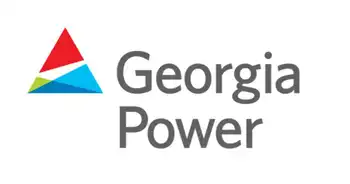
City officials take clean energy message to Georgia Power, PSC
ATLANTA - Savannah is among several Georgia cities that have led the charge forward in recent years to push for clean energy. Now, several of the state's largest municipalities are banding together to demand action from Georgia's largest energy provider.
Hearings regarding Georgia Power's Integrated Resource Plan (IRP) happen every three years, but this year for the first time the cities of Savannah, Decatur, Atlanta and Athens-Clarke and DeKalb counties were at the table.
"It's pretty unprecedented. It's such an important opportunity to get to represent ourselves and our citizens," said City of Savannah Energy Analyst Alicia Brown, the Savannah representative for…

